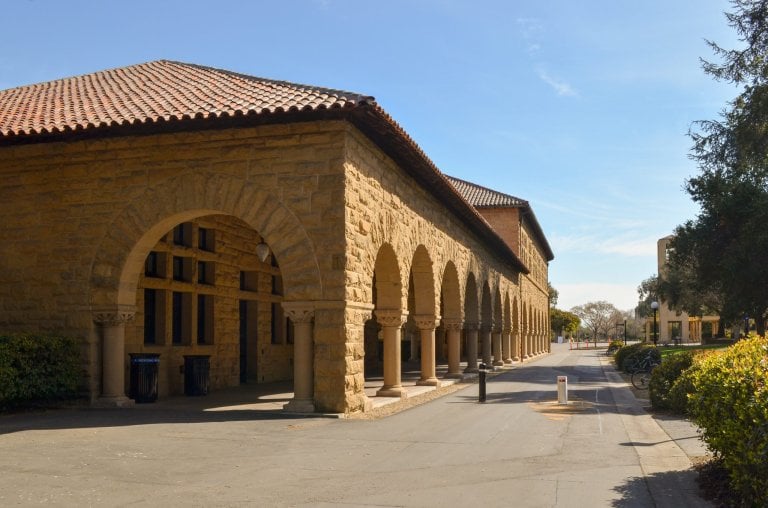I was pleased to see that the Provostial Search Committee had representation from the undergraduate, graduate, and postdoctoral scholar communities. I was one of the voices calling for that representation. At the risk of being accused of moving the goalposts, I do take issue with how the selection occurred.
At the SURPAS Council meeting on May 25, we learned that the Office of Postdoctoral Affairs nominated a few postdocs to the committee. Those postdocs were then interviewed behind closed doors to choose the one person who would represent our community. It is a funny form of shared governance where the elected representatives of the postdoctoral community (SURPAS) did not get the opportunity to choose who will fill the important role of helping select a new Provost.
I have no doubt Dr. Robert M. Stolz will do an excellent job of making sure the new Provost is someone who understands the important role postdocs play in our university and is responsive to our needs as a community. One does not become a postdoc at Stanford unless they are brilliant, driven, thoughtful, and deeply knowledgeable about academia. Further, the issues facing the postdoctoral community are cross-cutting and deeply felt as demonstrated in the recent SURPAS Long Range Planning Report. But there is a benefit to representatives on committees being engaged with community structures that provide institutional knowledge, which I will illustrate with a story.
This is a tale told to me by someone who served on a search committee to fill a role in the university administration. I have been at Stanford long enough that the individuals involved can remain in a haze of anonymity granted by the passage of the sands of time. They have moved on from the institution and the possibility of career repercussions.
This search committee had one graduate student and one postdoc, neither of whom had official voting rights. One of the early career committee members had heard that someone on the shortlist had a toxic lab environment. The graduate student and postdoc representatives said that if they had any veto power (which they didn’t officially), they would strike that candidate from the list. To their credit, the faculty members on the search committee were responsive and did not move forward with consideration of that candidate. That is why everyone was so shocked that the person who had apparently been stricken from consideration was the person who got the job. The faculty-led search committee with early career representatives was a facade and a waste of everyone’s time.
With all the attention being paid to the Provostial Search Committee and the importance of the role for our institution, I have no doubt that the current committee will be deliberate, thoughtful, and anything but a show committee. But transparency is not guaranteed. Dr. Stolz, I hope you will engage with already existing self-organized postdoc organizations like SURPAS or the Postdoc Affinity Groups to ensure all voices from the postdoctoral community can have a say in the selection process and to keep us updated as possible. Thank you for your commendable willingness to step up to serve our institution and community. Trust your judgment and make your voice heard representing postdocs and other committee members that do not have the same power as faculty or administration.
Tim MacKenzie, Ph.D. has been a member of the Stanford Community since arriving to start his Ph.D. in Chemistry in 2013. He currently works as a postdoc in the Department of Genetics.
